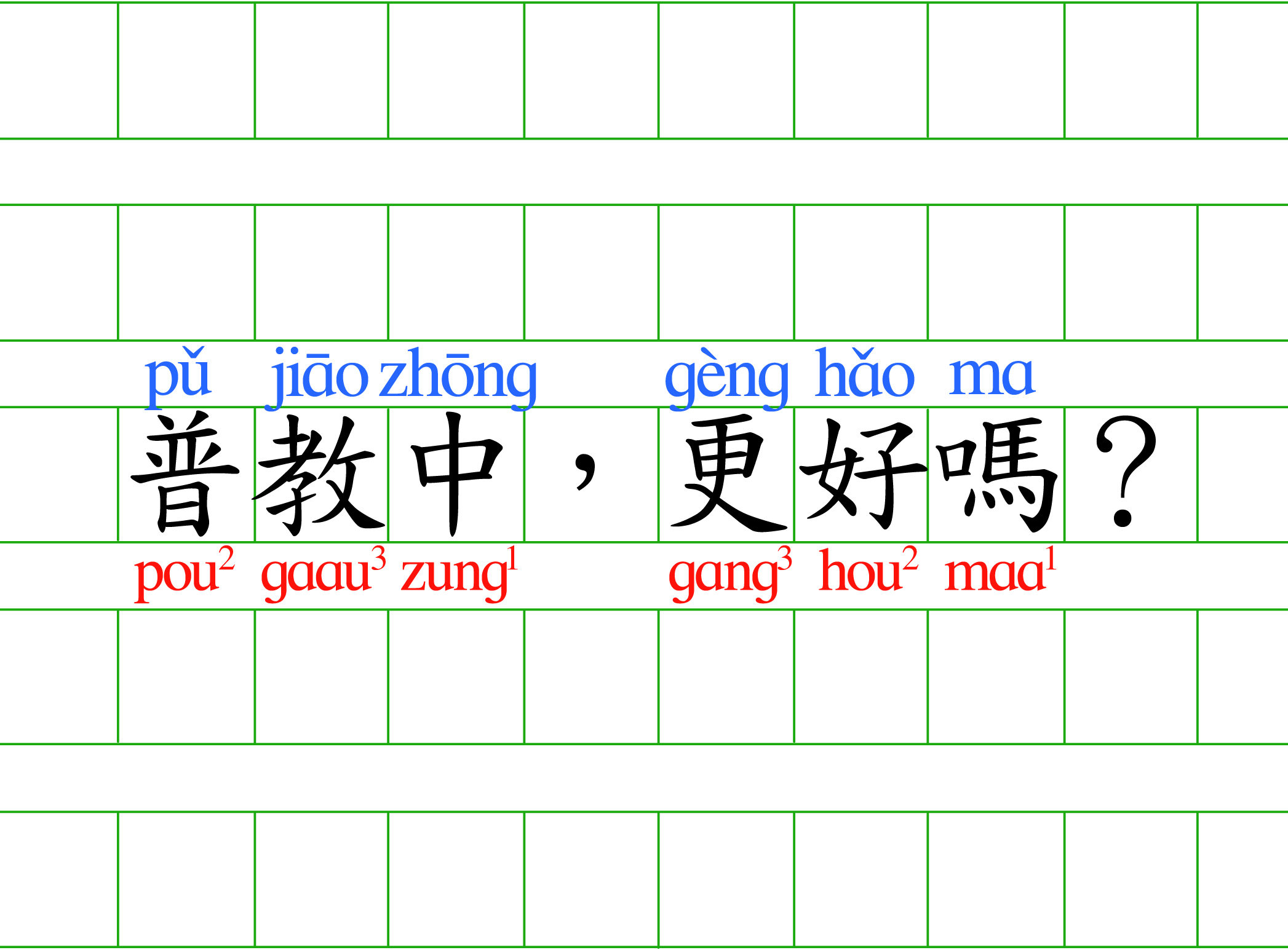As more and more schools teach Chinese in Putonghua, teachers, parents and students tell us whether they think it’s a better way to learn
Reporters: Lindy Wong and Ben Lam
It is recess time and the students bow and greet their teacher respectfully in the corridor. “Ni hao [hello],” the teacher says, and the students reply: “Laoshi zao [good morning teacher].” They are speaking in Putonghua but none of them are native Putonghua speakers. Scenes like this take place in hundreds of Hong Kong schools every day.
They are so-called Putonghua as Medium of Instruction, or PMI, schools that conduct Chinese lessons in Putonghua. Since 2001, Hong Kong has been pursuing a policy of “bi-literacy and trilingualism”, highlighting the equal importance of Cantonese, English and Putonghua in education, the workplace and public life. In response, more schools have since become PMI schools, hoping to enhance their students’ Putonghua proficiency.
According to Lam Kin-ping, associate director of the Centre for Research and Development of Putonghua Education, the numbers of PMI primary and secondary schools have increased three times and two times respectively since 2007.
Today, there are more than 350 PMI primary schools and 200 PMI secondary schools in Hong Kong. However, those figures need to be taken with a grain of salt as the extent to which Putonghua is used as a medium of instruction varies from school to school. While some schools may use Putonghua to teach Chinese to all classes in one form, some may use it in just one or two classes.
Teacher Ting, who preferred not to give his full name, teaches Chinese at a PMI secondary school in Tai Wai. He believes there are several reasons why PMI teaching is so popular today. “Hong Kong and Macau are the only regions where it is still Cantonese dominant. Shifting to PMI enhances emotional ties between people in Hong Kong and their motherland,” says Ting. “PMI schools meet the market demand. Many parents today want their children to speak Putonghua more fluently.”







































